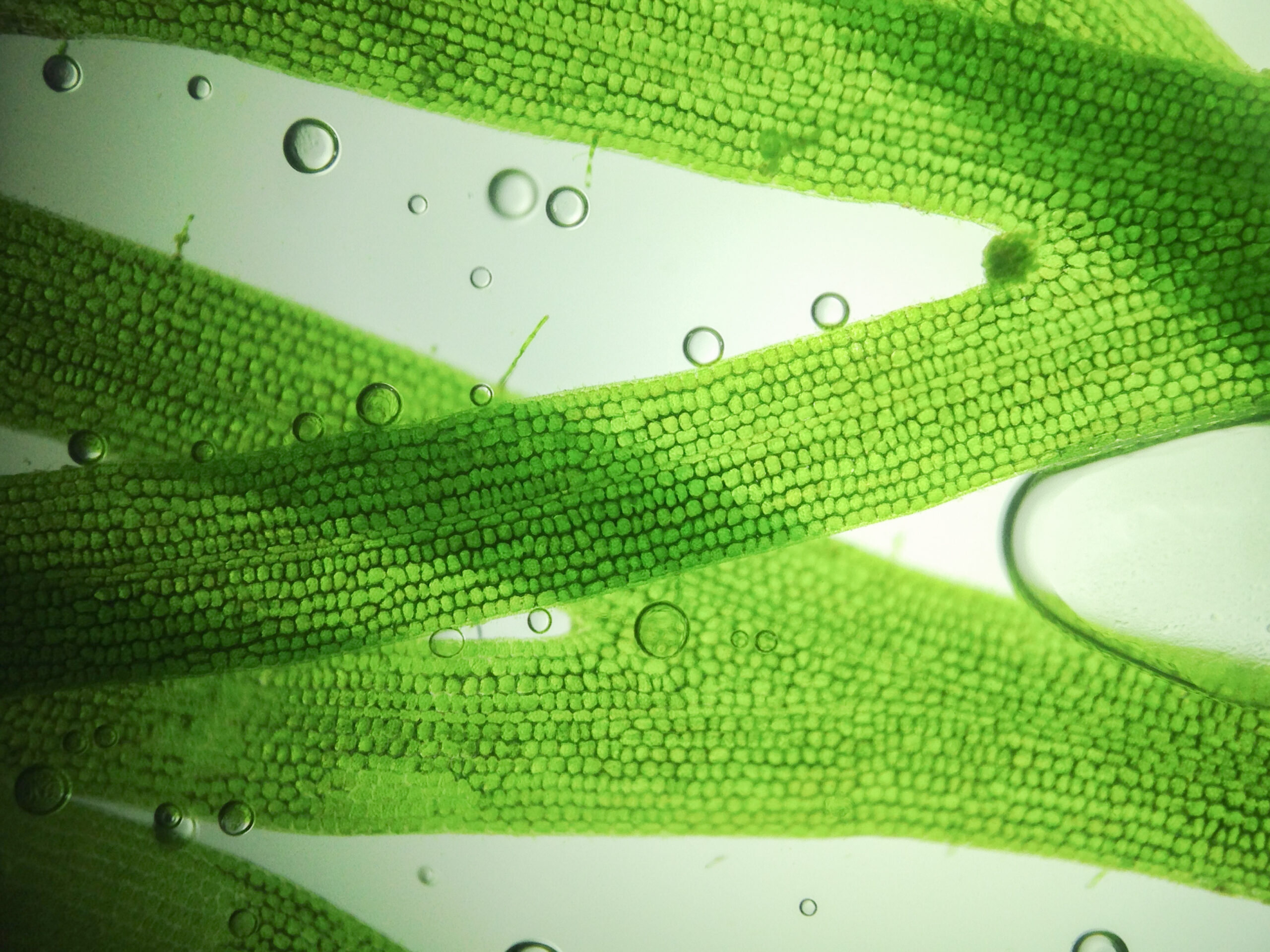PhD Project: Valorization of whole/gutted small herring and sprat into protein-enriched ingredients.
The project aims at developing novel process techniques to valorize currently underutilized small pelagic fish species such as herring and sprat. Despite the fact that these species are recognized as the most climate smart and energy dense animal protein sources we have, 63% of the herring and >90% of the sprat caught by Swedish fishing vessels are today exported for fish meal production or as mink feed, which is a significant loss of food raw materials for human consumption. However, a crucial aspect to consider when converting these raw materials to food is to find suitable process techniques which can recover their muscle or muscle proteins while at the same time maintaining functionality, nutritional value, sensorial quality and storage stability; the latter particularly with respect to lipid oxidation. For raw materials from the Bothnian Sea, removal of contaminants as dioxins and dioxin-like PCB´s is also crucial. New applications of this valuable food source can economically aid the Swedish fishing and seafood industries reduce the amount of imported seafood; lower environmental impacts from transportation and increase the consumption of locally produced healthy seafood.
Supervisors
Main supervisor: Professor Ingrid Undeland (Chalmers).
Assistant supervisors: Dr. Mehdi Abdollahi (Chalmers). Assoc. Professor Friederike Ziegler (RISE). Martin Kuhlin (CEO of Sweden Pelagic)
Location
Department of Biology and Biological Engineering, Division Food and Nutrition Science at Chalmers, Göteborg
About John
I am from Göteborg (Sweden). My scientific background is in Biotechnology, in which I attained my MSc degree from Chalmers in 2018, where my MSc thesis was about protein extraction from seaweed. Before going back to academia, I worked three years at a company which sells laboratory equipment, chemicals and consumables. I love being back in the challenging world of science and being part of a project that potentially can put more local, traditional and nutritional food back on our plates.



